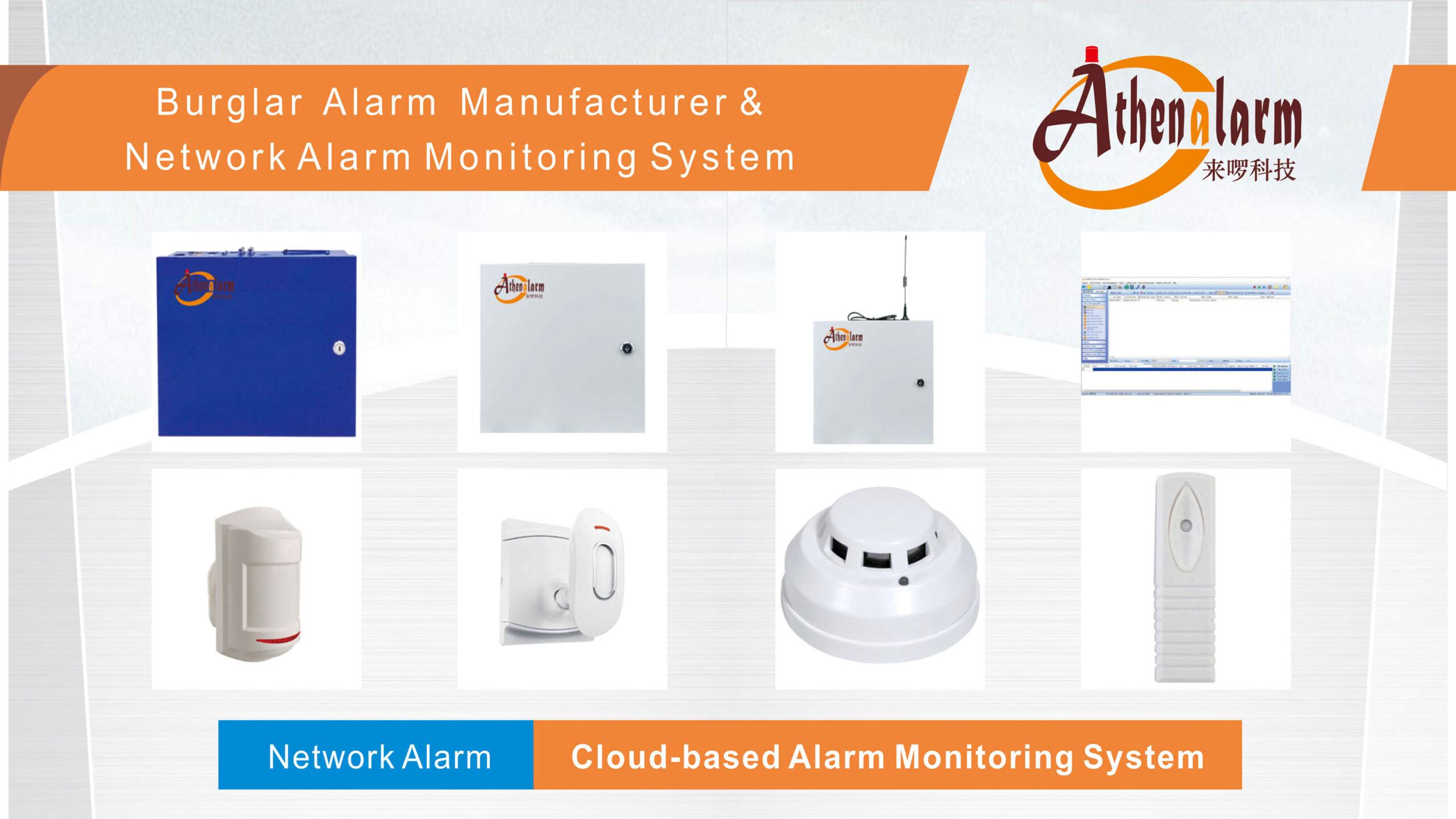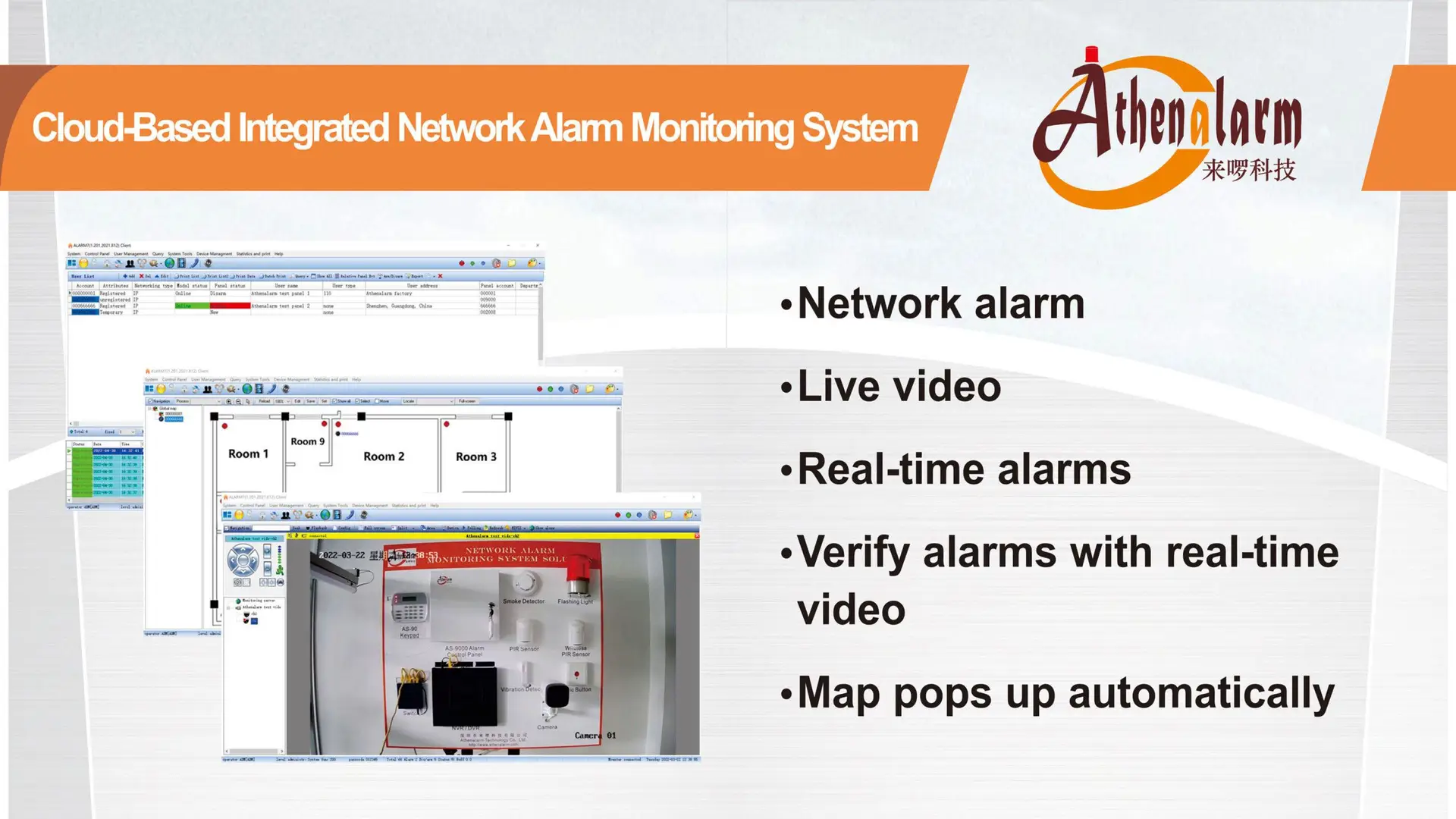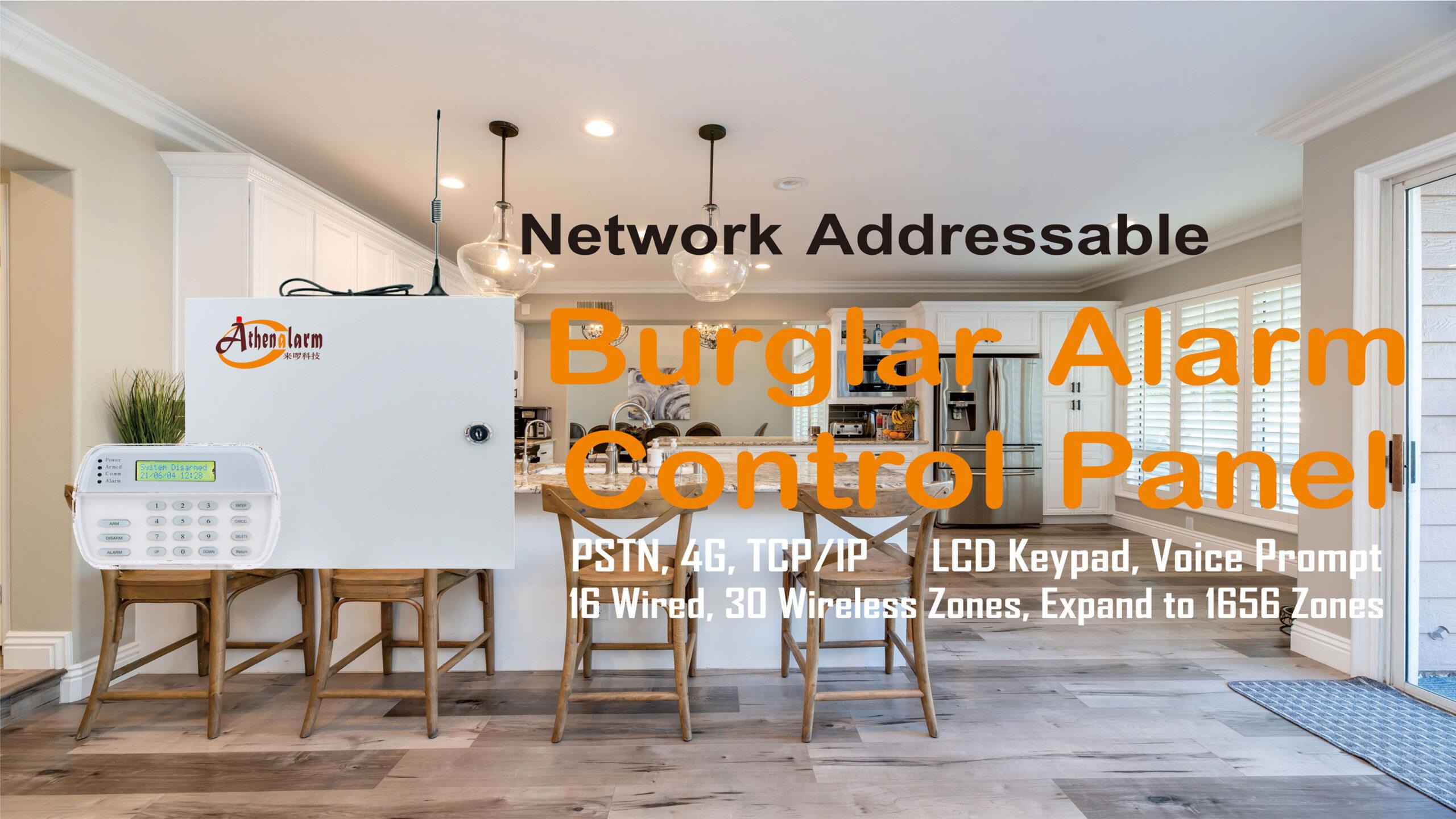



Common Sense of Daily Safety Precautions
1 Common sense of safety precautions during vacation
- The best way to strengthen prevention is to unite and take care of each other among neighbors. When encountering strangers loitering near your residence, be sure to be extra careful and call the security and emergency hotline if necessary. Take good care of public anti-theft facilities, close public anti-theft doors, do not lend the keys to friends, and do not open anti-theft doors for strangers.
- Before going out and going to bed, don’t forget to check. The doors, windows, exhaust vents, and air conditioning vents of the home should be regularly inspected, and if damaged, they should be replaced in a timely manner. When entering or leaving the house, the doors should be closed and locked at will. Don’t give the key to an immature child. Especially when going out and before going to bed, it is important to carefully check for any loose doors and windows. For doors and windows facing the street and those that are relatively avoided, they should be reinforced appropriately. Building residents should close doors and windows (with the kitchen, bathroom, and balcony being key areas).
- Money is deposited in the bank, and the password is memorized. Do not store a large amount of cash, passbooks, account numbers, and passwords at home. The password should be kept in your mind or other secret notebook, and should not be placed together with your ID card.
- Marking items means you’re not afraid of theft. If specific and indelible marks are engraved on valuable items, it will be difficult for criminals to sell and can effectively protect their property.
- When the whole family goes out for a short time at night, it is best to turn on a light or turn on the TV. When the whole family goes out for a long time, they should greet the property management, deliberately take care of them, and dry some clothes on the balcony, making it difficult for criminals to judge whether there are people in the house, so they dare not act rashly.
- Once a theft is discovered or occurs, do not panic, and do not easily turn over the scene. Call the police quickly.
2 Common sense of safety precautions when staying at home alone
- Look back before entering to prevent strangers from following. When you encounter strangers in the stairwell, elevator, or unit entrance, be careful and alert, especially when entering the house. Do not enter the building with strangers. If necessary, ask who to look for to prevent sudden attacks.
- When encountering strangers, ask questions before opening the door. When children or women are alone at home and need to open the door to strangers for reasons such as checking water, electricity, gas, house repairs, elevator repairs, borrowing items, or promoting products, do not open the door casually and immediately notify the security if necessary.
- People who are not familiar with the details should not be taken home casually. Do not casually tell strangers about your residence, specific workplace, phone number, etc.
- If a suspicious object is found, promptly inform the security or call the emergency hotline. For the elderly and children, when they cannot guarantee that their calls will receive assistance from their neighbors, they should remember to call blindly to avoid being killed.
3 Common sense of fire safety preventions
- Call the police early. After a fire breaks out in your home, don’t panic. Report the fire alarm early. The earlier you report it, the less damage you will suffer. The alarm should be clearly stated, including the residential area, location, building and house number of the household, as well as the type of property on fire. Please leave your contact number and quickly get in touch with the security. The security will guide the firefighters to put out the fire.
- Quick escape. When escaping, cover your mouth and nose with a wet towel, wet clothes, wet cloth, etc. When the smoke is thick, you should crawl forward with your knees and elbows on the ground. When escaping with the baby, gently cover their face with a damp cloth and crawl out. Close the door of the burning room tightly before escaping.
- Do not take the elevator. The fire starts from the beginning and burns fiercely in just over ten minutes, while the smoke blocking passage only takes three or four minutes. Due to the narrow space of the elevator, air circulation is not good. At the same time, to prevent sudden blockage caused by a fire, do not take the elevator at this time and evacuate quickly through the fire stairs.
- Close the doors and windows. The staircase has a chimney effect on the road, and the pulling force is very strong. If there is a fire downstairs, the doors and windows should be closed, and damp blankets, clothing, etc. should be used to block the gaps in the doors and windows.
- Do not jump off the building. The stairwell was filled with smoke, and after the only way out was sealed off, people mistakenly chose to jump off the building. But when jumping from a height of over ten meters (three stories high), there are few survivors, and the most important thing is to seek help. If smoke enters the room, people can go to the balcony, close the doors and windows in reverse, use a damp cloth or mask to avoid smoke, and wait for rescue.
- Can save oneself. Below the second floor, you can hang a bamboo pole on the balcony and grab it to slide down. Use a rope or tear the sheets or curtains into long strips to make a rope and slide it down. You can hold a pillow or cushion for a soft landing.
- Frequently use electrical appliances and pay attention to fire prevention. Ensure quality. Use qualified wires, power sockets, and electrical equipment. Do not randomly pull or connect wires. The wires inside the ceiling should be laid in conduits, and do not connect multiple electrical appliances to one socket. For high-power appliances, try to use dedicated lines as much as possible. The appliances should not be used for a long time, and the power must be cut off when there is no one at home.
- Regularly check. Regularly inspect electrical circuits, replace aging or damaged insulation layers in a timely manner, and check whether the circuit joints are firmly connected.
- Do not overload. To calculate the total power of household appliances, check whether the electrical circuits, switches, meters, fuse boxes, etc. can meet the requirements of the household appliance load. If it cannot be met, it should be replaced in a timely manner.
- Keep away from flammable materials. The heating parts of household appliances must not be close to flammable and combustible materials, and chargers should not be charged when there is no one at home.
4 Common sense of gas safety preventions
- Pay attention to ventilation. When using a stove for heating or a gas water heater for bathing, do not close doors and windows too tightly. Pay attention to ventilation and air exchange, and it is best to leave ventilation holes on the windows.
- To prevent blockage and air leakage in the flue, it is necessary to regularly inspect the flue and chimney of gas pipelines and gas appliances. If gas leakage is found, it should be repaired in a timely manner, and if blockage is found, it should be cleared in a timely manner.
- Neighbors should take care of each other every day. Once poisoning occurs, it can be detected and rescued in a timely manner.
- In case of gas or liquefied gas leakage at home, first turn off the gas main switch and liquefied gas main valve, open doors and windows to allow natural air circulation, do not turn on lights, do not make phone calls or use mobile phones indoors, do not turn on or turn off household appliances to avoid generating electric sparks and causing explosions. Evacuate the elderly and children quickly, notify the security at a safe place, call the police, and remind surrounding neighbors to prepare accordingly.
- If someone experiences gas poisoning, they should be rescued as soon as possible. Open the doors and windows, ventilate and move the poisoned person to a place with fresh air, let them lie down, unbutton their clothes and pants, wear a blanket, and prevent them from catching a cold. For people with mild poisoning, they may be advised to drink some strong tea, fresh radish juice, and mung bean soup. People with respiratory failure and those who have stopped should actively undergo artificial respiration. If the poisoning is severe, it is necessary to immediately send the patient to the hospital for rescue and treatment.
5 Common sense of food safety preventions
- Do not purchase or consume food that is rotten, spoiled, or unclean.
- Try not to dine at street or roadside stalls as much as possible.
- Try to eat fewer cold noodles during summer meals.
- Do not consume food provided by strangers or food of unknown origin.
6 Common sense of home safety preventions
- If conditions permit, install anti-theft doors and windows produced by legitimate manufacturers as much as possible.
- Observe the structure around your residence to prevent providing opportunities for criminals due to unreasonable layout structures, such as small houses and sheds built downstairs or protruding anti-theft nets on the ground floor, which are easy for criminals to climb.
- Buildings should be equipped with anti-theft iron doors, old-fashioned bungalows should be equipped with anti-pry angle iron and double safety locks at the lock opening, large courtyards and multiple households with one door should be equipped with master locks, and residents with conditions should install burglar alarm systems.
- Take out one minute before going to bed and going out to check if the doors and windows are locked and securely inserted? Are water, electricity, and gas turned off? Are cigarette butts and other sources of ignition extinguished?
- The windows along the street at the bottom level should be equipped with iron fences, with a spacing of no more than 15 centimeters between them, and reinforced with ventilation and exhaust windows.
- Cash, jewelry, passbooks, securities, and other valuable items should be placed in a location that is not easily discovered by outsiders.
- Timely clean up all kinds of advertisements and flyers inserted in the door gaps and door handles. If not cleaned up in a timely manner, criminals often think that their homes have been unoccupied for a long time and boldly enter and steal.
- When the weather is hot, do not open the door wide for temporary coolness, which is especially important for residents of bungalows or lower floors. The passage leading directly to the rooftop should be properly closed to prevent criminals from sneaking into the indoor area through the rooftop.
- The key should be carried with you and not thrown around. If the key is lost, the door lock should be replaced in a timely manner.
- Don’t hang the keys of your home around your child’s neck, as this can create opportunities for criminals to cheat their child’s keys.
- Be cautious when making friends, and family members, especially teenagers, should not bring strangers into their homes casually.
- Hiring a nanny requires finding a reliable person, verifying their ID card. Safety education should be provided to the nanny, and strangers should not be allowed to enter the house when the owner is not at home. If the nanny terminates her job and her salary is settled, the door lock key should be retrieved, preferably replaced with a new one.
- To maintain good neighborly relationships and take care of each other, be extra careful when encountering strangers loitering near your residence. If necessary, monitor, investigate, or call the police.
7 Common sense of robbery safety preventions
- When encountering a stranger knocking on the door, one should inquire about their identity before deciding whether to open the door. Do not allow anyone to open the door under any pretext, which may cause personal injury or property damage.
- Elderly, children, and disabled residents should install security peepholes and security chains on their doors to prevent criminals from breaking in and committing crimes.
- When traveling, do not let people know that you are carrying a large sum of money or valuable items to prevent unexpected situations.
- Do not stay late at night or on remote roads to avoid robbery or personal injury.
- When depositing or withdrawing large amounts of money from banks or other institutions, someone should accompany them to prevent robbery.
8 Common sense of safety precautions for wearing valuable jewelry
- When taking a car, especially a taxi, be careful to prevent valuable jewelry from being robbed. Generally speaking, if you go out alone after 10 pm, it is best to take off the valuable jewelry you are wearing. In addition, it is necessary to prevent some bus or taxi drivers from colluding with criminals to commit crimes.
- When going out at night, it is best to have two or more people walking together. Criminals won’t have an idea of you if they see many people are together with you. If sometimes only one person can go out at night and the journey is long, please do not walk in remote alleys with few pedestrians. Instead, take a detour and walk on roads with lights and frequent pedestrians, or walk on streets with concentrated residential areas, because in the event of an accident, nearby residents will hear cries for help in a timely manner.
- When riding a bicycle out, also pay attention to preventing criminals from stealing your valuable jewelry. Some people mistakenly believe that riding a bicycle is faster and passing through remote areas for only a few minutes will not cause any accidents. This kind of lucky thinking is unacceptable.
9 Common sense of non-vehicle and vehicle anti-theft safety preventions
- To prevent theft of bicycles, electric bicycles, and motorcycles, the most important thing is to overcome complacency. When leaving them, be careful not to be bothered, and it is particularly important to lock them anytime and anywhere. This is also the minimum that should be done to prevent vehicle theft.
- Vehicles should be parked in dedicated carports and garages. If there are no carports or garages, other preventive measures should be implemented.
- The battery of an electric bicycle needs to be reinforced by locking the body together to prevent thieves from stealing the battery.
- Do not litter, it is best to lock it with them on an immovable object.
- Don’t be careless about some inconspicuous things, such as not locking the car fuel tank cap in time, which can become a ready-made mold for car thieves to prepare keys. It is important to develop good habits in daily life, such as turning off the engine, removing the key from the ignition switch, closing the windows, and locking the door even after getting off the car for only a short period of time.
- When parking a motor vehicle, do not be afraid of trouble. Even if it is a short stop, take away the cash, valuables, and bags in the car to prevent theft by someone smashing the glass.
- If the car is parked for a long time, the battery line or high-voltage line can be removed and taken away.
- After parking a non-vehicle, it is necessary to take away the hanging items on the non-vehicle to prevent theft.
10 Common sense of travel safety preventions
- When taking a bus, you should prepare the change for the ride in advance and try not to rummage through money or belongings in public places to avoid causing thieves to follow and commit crimes.
- Carry money with you and try to keep it in a location that is not easy for others to see or touch. Do not put money in clothing pockets or pants pockets.
- Be cautious when making friends. For those who are not very familiar with it, we cannot trust everything.
- Pay attention to safety in diet and avoid smoking cigarettes, food, and drinks from strangers.
- During the journey and some activities you participate in, if someone you don’t know gives you a cigarette, it’s best not to smoke to prevent drugs from being in the cigarette and tempting you.
- When dining out, keep your carry-on bags, mobile phones, and other items within visual range and keep them safe to prevent them from being carried away.
- When driving and encountering red lights or traffic jams, if you see someone knocking on the car window glass or indicating that the tire is flat, you should be vigilant and not easily get off the car or open the car door to prevent bad people from stealing money and things in the car.
11 Common sense of safety precautions when taking public transportation
- Don’t just push your backpack behind you when getting on the car, it’s best to hold your phone in your hand.
- When in the car, the bag should be placed on the chest or carried very low, as close as possible to the line of sight.
- When the carriage is crowded, try not to open your coat and fasten the pocket for your wallet.
- Do not put wallets, cash, mobile phones, etc. in transparent bags.
- It is best not to open the bag in the car to expose money and belongings.
12 Common sense of safety precautions when taking long-distance buses
- Be vigilant and constantly enhance the awareness of anti-theft measures, which is the most important way to prevent theft on vehicles. Because, from the perspective of some people who have been robbed or stolen, most of them are due to low vigilance and relaxed thinking when crowded.
- Be proactive in preventing theft. By observing and identifying theft criminals, we can more effectively prevent theft. In crowded places, some people squeeze back and forth among the crowd. Generally speaking, in crowded places, passengers want to squeeze out as quickly as possible, while theft criminals tend to squeeze into more crowded places with more people. In addition, the thief did not bring any luggage or belongings. The eyes kept observing the surroundings, and as soon as they spotted the target, they walked back and forth, waiting for the opportunity to commit the crime. Therefore, it is important to observe certain situations and be good at thinking about certain issues in daily life, which can be helpful in ensuring your safety when going out.
- When taking a train at night, if you haven’t purchased a sleeper ticket and are traveling alone, no matter how tired you are, you should still pick yourself up and drink strong tea, coffee, wash your face with cold water, and apply some essential oils to refresh yourself. Don’t fall asleep.
13 Common sense of merchant’s prevention of “mute” customers’ safety precaution
- In the past, most theft criminals avoided talking to the victim during the theft process. However, a new method of theft has emerged in some places, where one of the criminals pretends to be a “mute”. The main targets of the crime are shops.
14 Preventing fraudulent law enforcement personnel from extorting safety precautions
- To abide by laws and regulations, never do anything illegal or disorderly at home or outside.
- If it is indeed illegal, of course, one must accept punishment. But it is worth noting that it is necessary to distinguish between fake law enforcement personnel and real law enforcement personnel. Take a look at their identification documents, and if you find that they are impersonating fake law enforcement officers who extort or rob you. Don’t be afraid. Report to the public security department in a timely manner. Assist the public security department in capturing the criminals.
- If you are extorted by some fake law enforcement officers, as long as you have not committed any illegal or criminal acts, do not be afraid and do not hand over the money to them.
